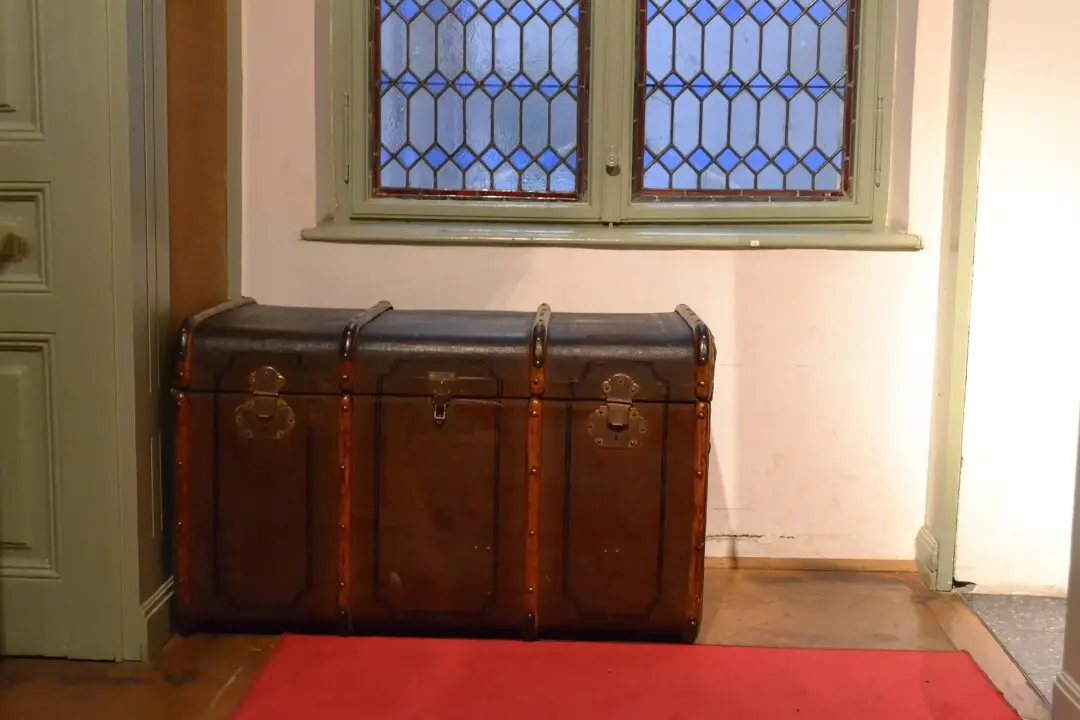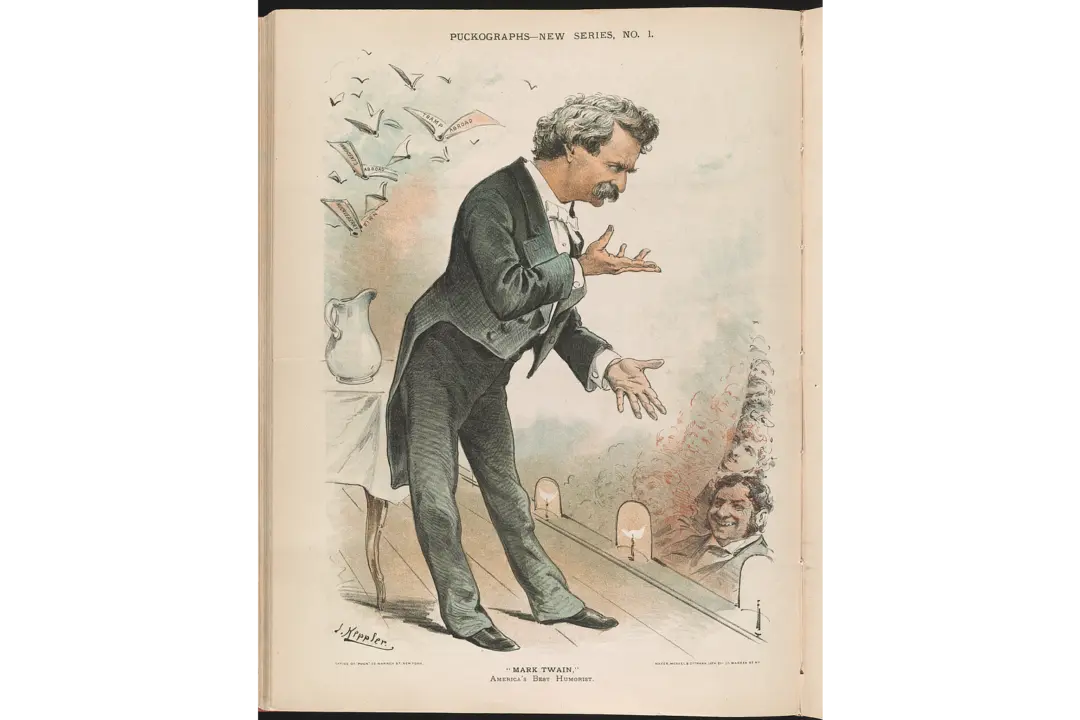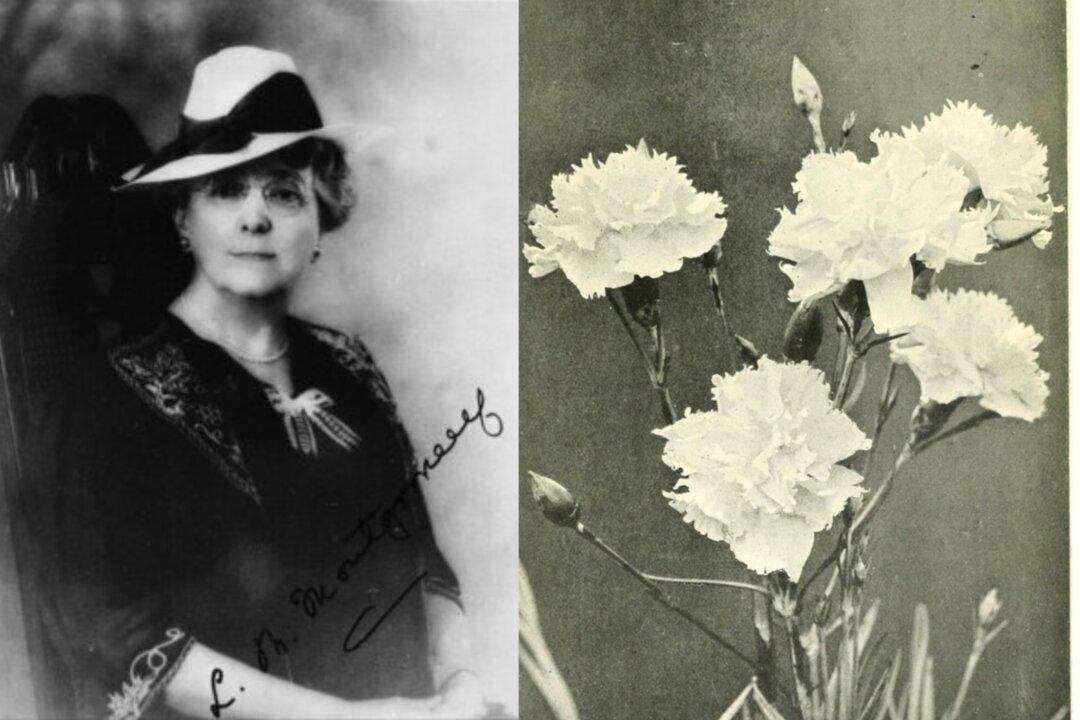When we think of heroes, we think of strong, brave men like Alexander the Great or Charlemagne. Such men overcome weakness and vice and learn self-control. They face trials that test their worth, and they overcome the desolation and misery of evil.
Yet, in his short story “An Angel in Disguise,” T.S. Arthur proves that such virtues are not always found in the strongest or most courageous people. Sometimes the greatest love, bravery, and strength can be found in the weakest among us.






